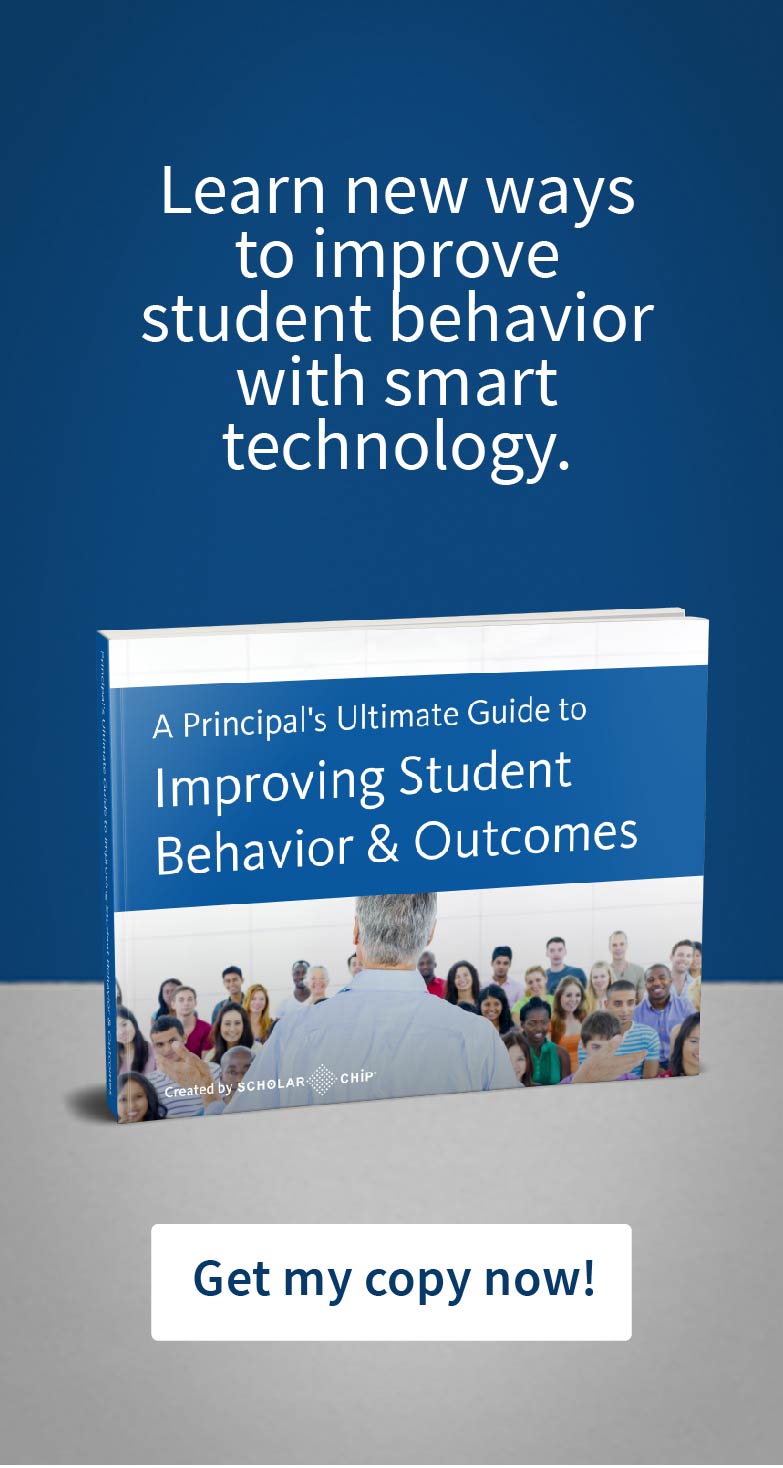The Task at Hand
As a school principal, you have many jobs, so there’s a lot on your plate. One of them is to provide a positive school climate and culture within your school. But why should school climate be your top priority?
School climate is your school’s effects on your students and their relationships with you, their teachers, parents, and fellow students. It also includes student, parent and school staff beliefs, relationships, teaching, and learning, as well as the structural and organizational features of the school. When you have a pleasant school climate, everyone feels physically, emotionally, and socially positive in school.
A healthy school climate dramatically improves the feel of the school and shapes how students feel about school. If the students are happy, then you and your teachers must create the conditions in which that happiness thrives. A study by the University of Chicago’s Consortium for School Research revealed that learning is inherently social and emotional. If students don’t feel engaged in that manner, they aren’t learning.
School culture is equally important. It’s all about how things are done in the school—the personality of the school. It’s always at work and can help or hinder learning. What is essential is that the leadership of the principal can set the tone for the school environment, and this influences every decision and action in the school, whether it’s positive or negative.
Behavioral Adjustment Techniques to Improve School Climate and Culture
It’s now known that students learn better when they feel engaged. However, there are those students whose behavior requires interventions from their teachers and administrators. These students who attend elementary, middle, and high schools have issues with repeated classroom disruption, tardiness, truancy, behavioral concerns, or other problems that must be addressed early on for their success. Some techniques can aid students in learning appropriate and successful behaviors.
Social and emotional learning (SEL)
Social and emotional learning, or SEL, gives teachers and school counselors specific behavioral adjustment techniques. SEL is a process through which children learn to understand and manage their emotions, set and achieve positive goals, feel and show empathy for others, establish and maintain positive relationships, and make responsible decisions.
SEL can be used for:
- Behavior management
- Bullying prevention
- Character education
- Behavior regulation
- Academic motivation
- Conflict resolution
- Integration into school climate and culture
SEL is not just a program or a lesson. It’s about how teaching and learning happens and the interactions between the teacher and student.
It uses five core competencies that cross multiple settings: school districts, schools, classrooms, families, and broader communities. Those competencies are:
- Self-awareness – Students learn to realize their strengths and limitations with a well-grounded sense of confidence and optimism.
- Self-management – Students learn the ability to manage stress, control impulsiveness, and motivate themselves to set and achieve goals.
- Social awareness – Students learn to understand and empathize with others, including those from diverse cultures and backgrounds.
- Relationship skills – Students learn to communicate clearly, listen well, cooperate with others, resist inappropriate social pressure, negotiate conflict properly, and seek and offer help when needed.
- Responsible decision-making – Students learn to make positive choices about their personal behavior and social interactions based on ethical, safety, and social norms.
The success of SEL
It’s been demonstrated that SEL works. Consider these statistics:
- According to a 2011 meta-analysis of 213 intervention programs that involved more than 270,000 students, those who participated in SEL programs showed an 11% point gain in their academic achievement.
- SEL resulted in decreased dropout rates, school and classroom behavior issues, drug use, teen pregnancy, mental health problems, and criminal behavior.
Proactive Behavior Management Technology
Today’s teachers also have a way to proactively manage student behaviors with evidence-based behavioral interventions through the use of technology that promotes and rewards good behavior.
Scholarchip’s Alternative Behavior Education, or ABE, teaches better behavior and monitors a student’s progress throughout his or her school career. Teachers and principals receive data-driven reports that quickly flag at-risk students.
ABE provides students with ways to succeed. Its interventions introduce behavioral correction through the use of interactive games, quizzes, and videos that feature students acting through real-world situations. The interventions are age-appropriate and are interesting, fun, and educational. They’re presented in a personalized, modifiable module that is based on over 50 targeted behaviors, including arguing, dishonesty, disrespect, and fighting.
Enjoyable and Successful Learning to Better your School Climate and Culture
It’s crucial to address student behaviors early on. When your school decides to use SEL and Scholarchip’s ABE, teachers and staff can use these to help to modify their students’ behavior and give them choices of appropriate practices. Using SEL and ABE can help realize a positive school climate and culture, making learning enjoyable and improving behavior.
ScholarChip offers a solution called Alternative Behavior Educator (ABE). This innovative program enables counselors to identify, monitors, and improve student behavior throughout a student’s career, while giving administrators and teachers powerful data-driven reports that quickly flag at-risk students, help monitor and chronicle progress, and support decision-making tasks. The ScholarChip system incorporates the complete spectrum of behavior and integrates student rewards, interventions, and tracking with PowerSchool®, Infinite Campus, and other popular SIS platforms.
If you would like to increase your positive school climate and culture so your students, staff, and parents are happy, feel free to reach out and schedule a 1-on-1 session with one of our Scholarchip solution specialists today!

